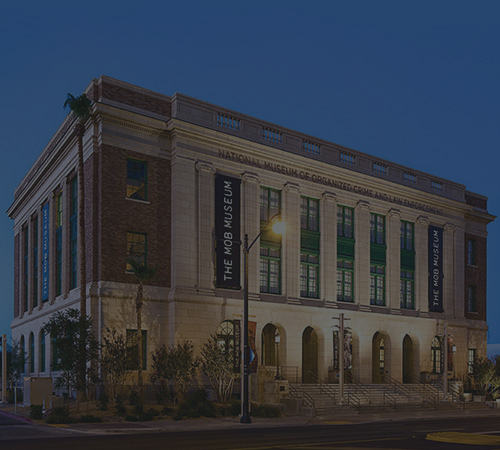Archbishop: No more Mafia godfathers
The pope’s 2014 anti-Mafia ruling has not been enforced, but this may be about to change
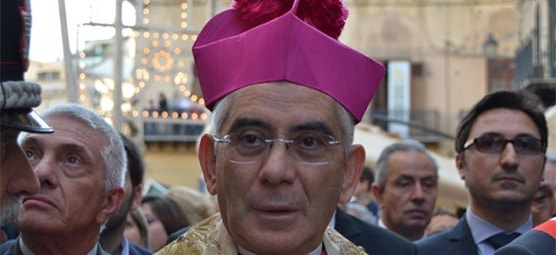
The climactic montage from The Godfather begins with a baby’s cries. A priest recites the ritual Latin phrases over a baptismal font. Don Michael Corleone, standing as godfather in the church, is cross-cut with shots of his soldiers preparing for and carrying out assassinations on his orders.
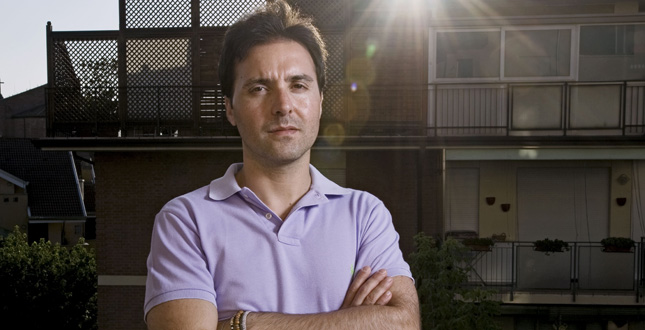
The Sicilian town whose name is synonymous with the Mafia is a real-life stronghold of organized crime. Countless mafiosi were born here, including Toto Riina, “the Beast of Corleone.” Two of his sons have followed in his footsteps. One is at the center of a controversy that could end godfathers in the Mafia for good. The archbishop of Monreale, Michele Pennisi, traveled to Corleone at the beginning of Lent this year to raise awareness of how the Mafia uses the Church to cloak itself in respectability. But his crusade began back in December, when Toto Riina’s son Giuseppe Salvatore, called Salvo, stood as godfather to his niece.
Formally, the Church excommunicated the Mafia in 2014. In practice, nothing has changed since 1974, when Salvo’s parents celebrated the sacrament of marriage in Palermo. Riina was on the run from the police at the time. Toto and his oldest son, Giovanni, are currently serving life terms in prison. Salvo Riina, who turned 40 this year, has served two prison terms. While his debt to civil society may have been paid, he still owes the Church a change of heart to be called a role model to his goddaughter. “I am not aware that the young man has ever expressed words of repentance for his conduct,” Archbishop Pennisi said of Riina.
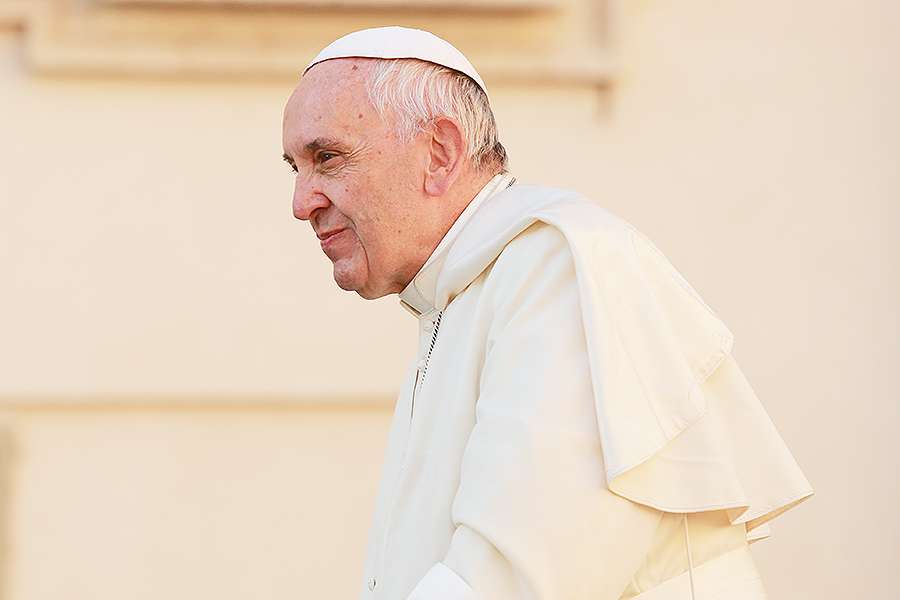
Salvo’s niece was baptized outside Pennisi’s archdiocese, in Padua, where the Corleone native has lived in exile since 2009. However, it would not have been up to the archbishop to deny Salvo this honor. Whether to accept a proposed godparent is a decision made by the priests of each parish. But the pope’s past condemnation of organized crime, and Pennisi’s subsequent efforts to uphold that ban, could change how those selections are made by priests and godparents alike.
The Mafia has fought a battle for loyalty, using the Church’s own sacraments as its weapons. “The Mafia has consistently presented itself as a repository of traditional values,” says Rossella Merlino, who writes about the relationship between the Catholic Church and the Mafia. The apparent religiosity of even the most vicious mafiosi contributes to their aura of authority, while obscuring the true criminal and violent origins of their power. “By openly denouncing the Mafia, the Church would officially break these ties, the very ties which have always represented one of the main sources of strength for Mafia groups.”
When Catholic parents choose a known mafioso for their child’s godfather, the message is that, regardless of what they know of sin and salvation, it is this man who they believe in to protect their child’s future. And when the Church permits this selection, it endorses this choice. Pennisi believes this hypocrisy must end.
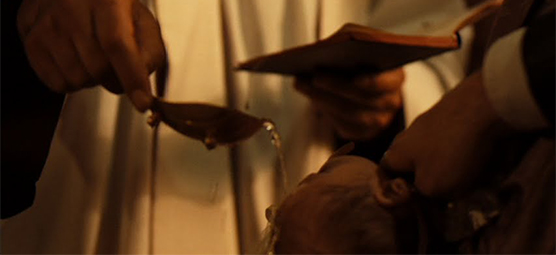
From The Godfather:
“Michael Frances,” the priest addresses the godfather in English. “Do you renounce Satan?”
Gunshots are fired.
“I do.”
“In all his works?” the priest continues.
“I do renounce them,” says Don Michael. The gunfire continues.
Justin Cascio writes about health, identity and the family. His articles on the Mafia have appeared in The Informer and Mafia Genealogy.
Feedback or questions? Email blog@themobmuseum.org

